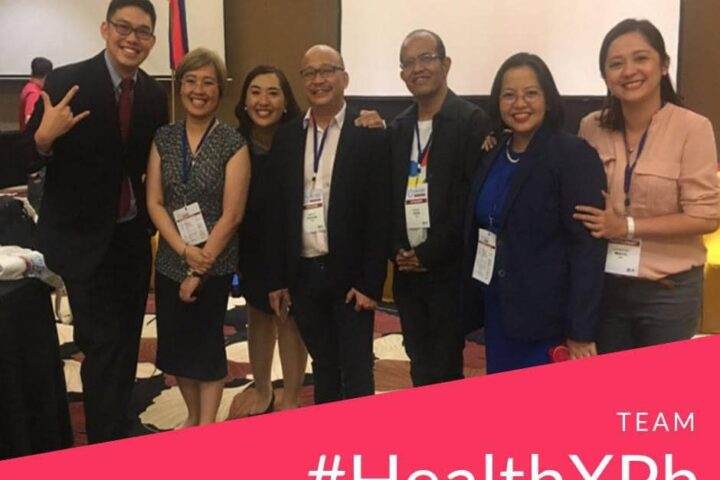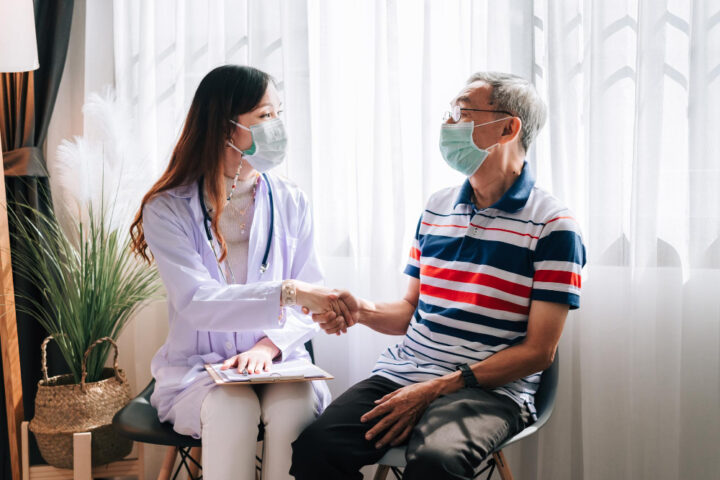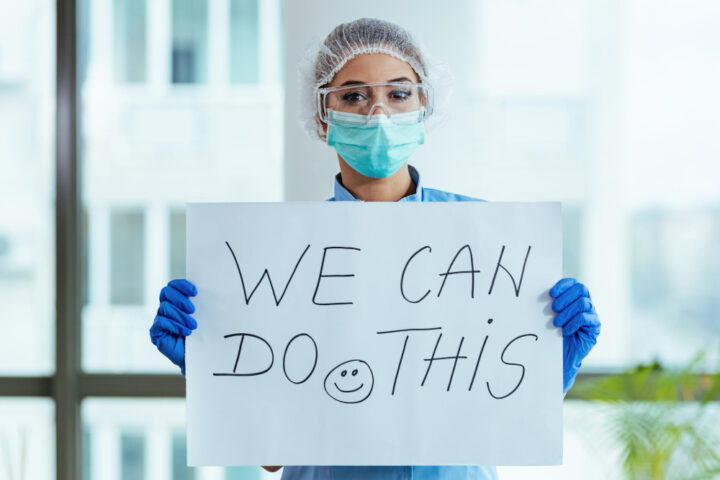When evidence based medicine (EBM) came to the halls of PGH during my residency training, I was one of those few who “liked” its surge because of its “collaborative” approach and ‘standardizing” effect on treatment protocols for a specific disease. So honing my skills on study appraisals was a consequential habit I gained even into my private practice.

But as a surgeon physician, I hated paper works. EBM entails lots of reading, studying and sifting through researches and thus, paper work. I’ve always hated the voluminous paper works that goes with caring for your patients. As I go through to my private practice, I began scrutinizing my clinical practice looking out for ways ( aside from and in addition to EBM) to standardized treatment and save on unnecessary stuff, like paper work, time and cost , without sacrificing quality of care.
Enter clinical pathways. I first heard clinical pathways development in one of our specialty meeting, when Philhealth (Philippine Health Insurance Corporation), Philippines largest and government owned HMO, mandated Philippine Medical Association (PMA) and its components society to come up with clinical practice guidelines and clinical pathways for diseases specific to sub specialties. I only have faint ideas about clinical pathways back then but I surely know its one process you get from CPGs itself. They’re siblings I guess.
[pullquote]Multidisciplinary management tool based on evidence-based practice for a specific group of patients with a predictable clinical course, in which the different tasks (interventions) by the professionals involved in the patient care are defined, optimized and sequenced either by hour (ED), day (acute care) or visit (homecare).-wikipedia[/pullquote]So when Philhealth came to our hospital for inspection, I only offered our CPaths when they asked for our clinical pathways. I was asking the physician evaluator what clinical pathways and if we don’t have the data yet, how are we going to go about it, they too have a few ideas. It was a new thing here in the Philippines and even us, don’t know where to learne this stuff.
The good thing is, the Philippine Society for Quality in Healthcare (PSQUA) held a workshop on clinical pathways and I was one lucky sent to attend such training. I’ve certainly learned from that workshop, and it’s such gratifying to know we’re abreast with the current trends and are developing our own pathways fit for our local socio-cultural, economic healthcare situation.
Last week, I was able to give back a workshop on Clinical Pathways development to our very own hospital staff. Most of them are allied medical professionals who are our partners in the care of our patients. One doctor. Never the less, imparting learned skills is always an important thing in any collaborative effort, especially in caring for our patients. The great misnomer about clinical pathways is that it’s not all about doctors and collaborating with other specialties. In fact, it was more of collaborating with the different health care professionals ( nurses, pharmacist, dietitian, etc ) that help us care for our patients. That’s is what developing a clinical pathway is all about.

Well, it’s not important that I like statistics, and I enjoy teaching. Imparting knowledge is one hell of a gratifying activity I would pick at, anytime!












Hi Sir,
Should the construction of clinical pathways be tailored made according to the hospitals’ capacity or adapt from other institutions (other hospitals, specialty societies)?
@Javs, the way I understand it, clinical pathways are tailored according to the hospitals capacity, but they are more or less still largely based on clinical practice guidelines set by the specialty societies.